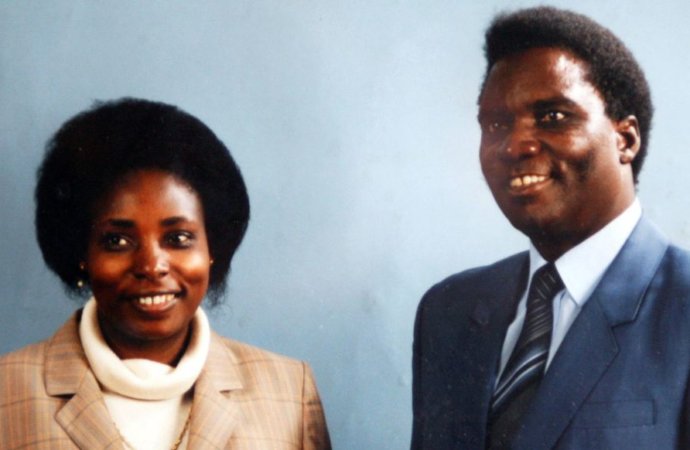On Monday, March 11, 2024, during an official visit to Rwanda from March 10 to March 13, Jean-François Ricard, the Director of France’s anti-terrorist unit, made a clarification on the French judiciary’s stance regarding Agathe Kanziga Habyarimana, the widow of the former Rwandan President Juvénal Habyarimana, in a press conference. This statement marks a crucial moment in the longstanding legal and diplomatic tensions between France and Rwanda, particularly concerning the accountability for the 1994 genocide.
Ricard explicitly stated that under French law, the French judicial system does not have the jurisdiction to prosecute Agathe Kanziga Habyarimana for charges related to the genocide, as the allegations against her occurred before the genocide commenced. Moreover, he emphasized that French laws prohibit her extradition to Rwanda.
Despite her illegal status in France, French authorities are unable to grant her asylum or proceed with deportation due to the serious charges against her. Ricard announced that a new investigation would be launched to explore all possible avenues to address her case within the confines of French legislation.
This complex scenario is further complicated by the historical intervention of former French President François Mitterrand, who had facilitated the evacuation of Agathe Kanziga Habyarimana and her family from Rwanda.
The press conference also highlighted the ongoing collaboration between French and Rwandan judicial authorities. This includes exchanges with key figures like Rwanda’s Attorney General, Havugiyaremye Aimable, and the prosecutor of the International Residual Mechanism for Criminal Tribunals (IRMCT), Serge Brammertz, aimed at enhancing evidence sharing and increasing prosecutions of genocide suspects in France.
However, this cooperation has been met with skepticism by several human rights organizations and opponents of the current Rwandan government, led by President Paul Kagame. They criticize the use of these prosecutions as a political tool against dissenters and their families. Instances where individuals initially accused of involvement in the genocide were later found innocent in various countries underscore the risks of political and judicial manipulation.
































































